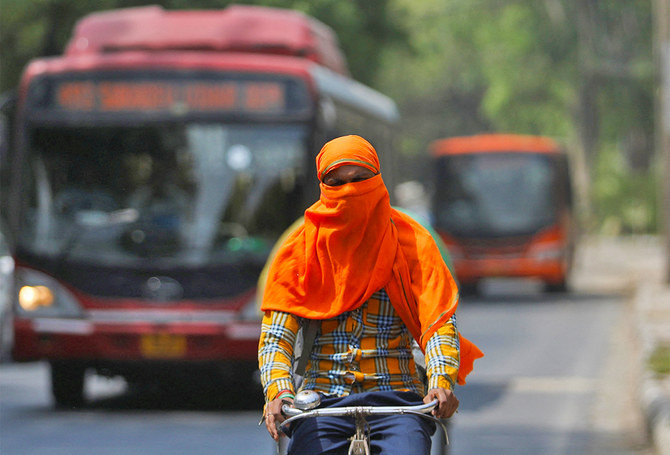About 5,000 delegates from nearly 200 countries and territories around the world gathered at the United Nations’ annual consultation conference on climate, recently held in the city of Bonn, western Germany.
The conference discussed climate policies, as well as reassessing countries’ progress in implementing the goals of the 2015 Paris Agreement on climate change.
However, environmental activists expressed disappointment that the event, which lasted more than 10 days, made little progress on major issues related to climate change, such as fossil fuels and climate finance.
The planet seems to have sent a message to the Climate Conference in Bonn. While the special envoys of countries sat negotiating at the conference, the average air temperature at the Earth’s surface increased by more than 1.5C. The increase in Earth’s temperature exceeded 1.5C, the first time this phenomenon has been recorded in the northern hemisphere summer since June 1.
Bilateral climate talks between China and the United States, the world’s largest emitters of greenhouse gases, have yet to be resumed after a long delay. Meanwhile, temperatures in the Chinese capital Beijing set a new record in June and extreme heat waves have enveloped the United States. Before Independence Day on July 4, half of the US population was advised to be cautious going outside due to the intense heat and poor air quality caused by smoke from Canada’s wildfires.
According to the World Meteorological Organization (WMO), Europe is the fastest-warming continent in the world, with temperatures rising by more than twice the global average since the 1980s.
The Earth’s temperature has warmed from pre-industrial levels by an average of nearly 1.2C, while the figure in Europe is 2.3C. In 2022, a series of European countries such as France, Germany, Italy, Portugal, Spain, and the UK all suffered their hottest summer on record.
The already harsh climates in the Gulf states are also expected to be even more extreme. According to the Saudi Ministry of Health, nearly 2,000 Muslims suffered from heatstroke when participating in pilgrimages under the intense sun of the desert summer on June 29.
By the end of this century, a summer temperature of 50C could be recorded every year in the Gulf regions, according to researchers.
The United Nations Intergovernmental Panel on Climate Change even warned that, by the end of the century, many regions of the Gulf will no longer be habitable due to global warming.
The ability to slow down the rate of global warming depends largely on whether countries stick to their commitments to cut emissions. Most countries aim to have net zero carbon emissions by mid-century, while China and India aim to reach this target by 2060 and 2070, respectively.
According to a recently published assessment, nearly all of the 35 countries that emit four-fifths of the world’s greenhouse gas emissions have low-confidence carbon neutrality plans.
Scientists estimate that between now and 2030, the world needs to cut greenhouse gas emissions by about 43% more than they did in 2019, in order to achieve the Paris Agreement goal of maintaining the Earth’s temperature rise to a maximum of 2C.
Time is running out and extreme climate events everywhere are reminding the world that the planet is on a countdown to climate catastrophe.
















